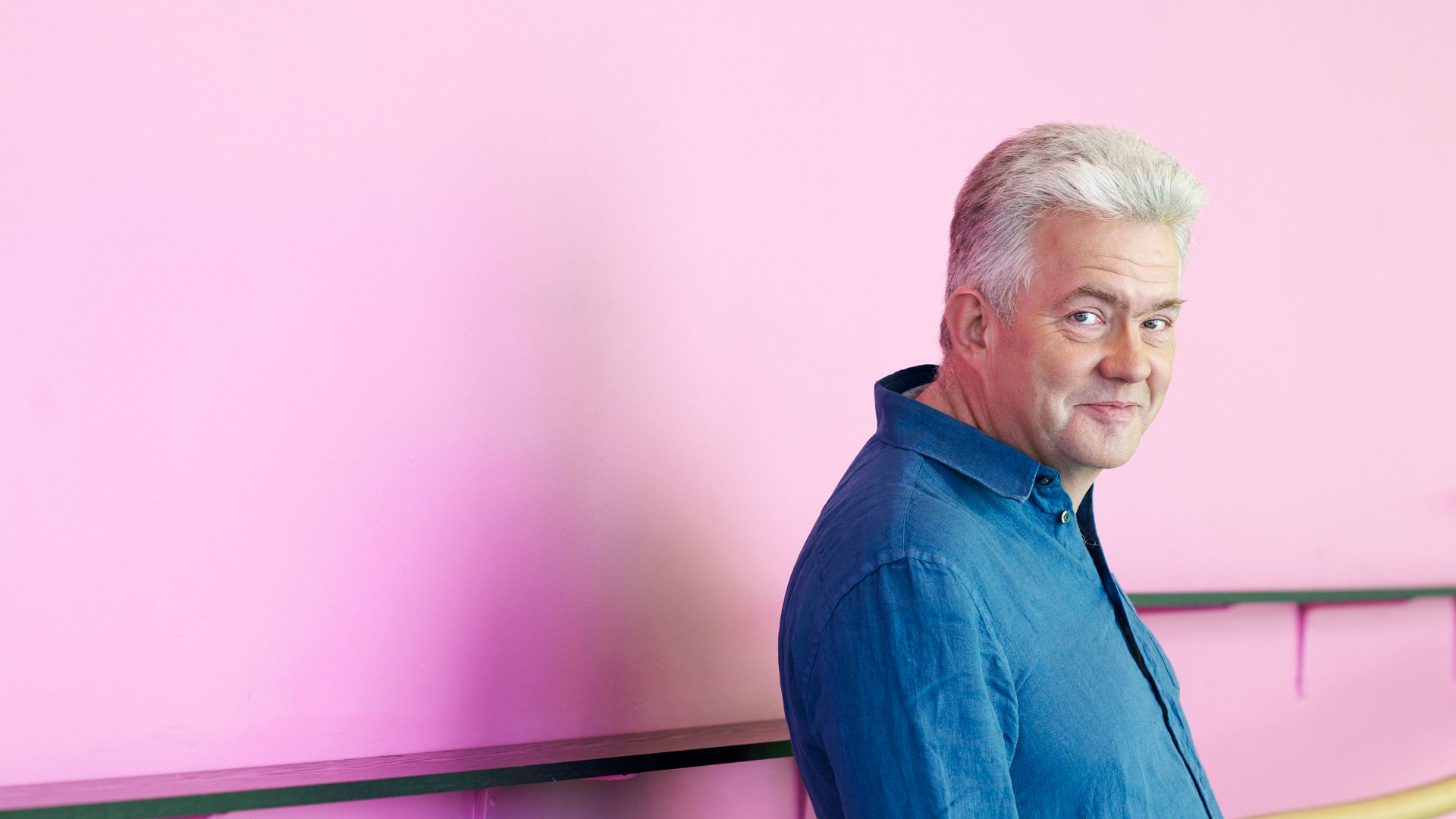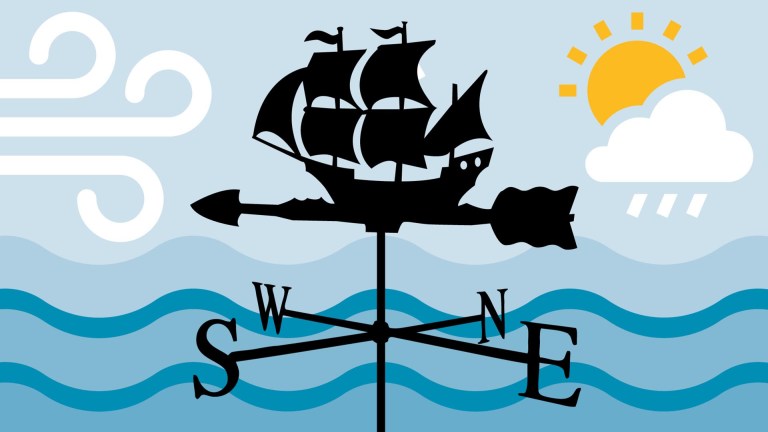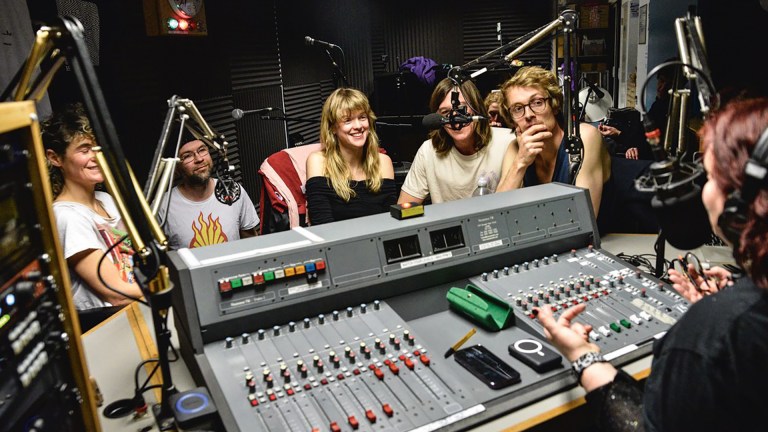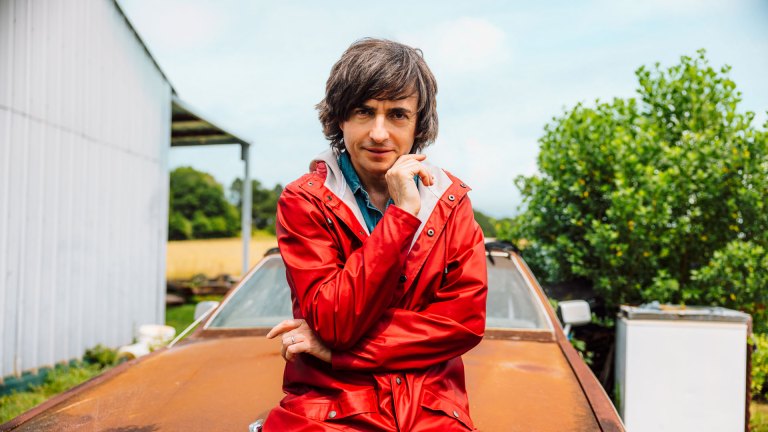For those who believe philosophical geology is under-represented in the mass media, it can be currently found late evening on Radio 3. Their five-part series, Cornerstones, offers poets, archaeologists and authors an opportunity to muse on flint, clay, gas and gypsum, as well Lewisian Gneiss, the oldest stone in Britain. If I ever get around to writing that Victorian murder mystery, Lewisian Gneiss may well be the name of my disfigured, criminal mastermind. The series started with Alan Garner, best known by many for his novels The Owl Service and The Weirdstone of Brisingamen, travelling through time with flint, the jagged stone that has become a symbol of human toolmaking and ingenuity.
The author observes a quasar at a radio telescope, a quasar so distant that the sound he hears now was created before our galaxy took shape, before our solar system formed. He observes this with the flint in his hand. This flint becomes a Pandora’s box. To Garner, once flint was turned into a tool, then the radio telescope becomes inevitable, “the pebble opens the cosmos”, there is much wonder in this monologue, but it turns to dark wonder about the threat and danger of ingenuity. It is a provocative piece and I listened to it twice in quick succession. I will listen again.

Radio 3’s short pieces often have a knack of elevating things dismissed as mundane and making easily passed-over objects worthy of investigation.
Before Cornerstones I listened to another show that was seeking revelation in the everyday. The Verb is Radio 3’s late-evening poetry show. Its poet hosts, Ian McMillan and Hollie McNish, present with keen ears and no pretension. There is a sense of informal delight that they are all in a room talking with other eager poets on quests for rhythm and revelation.
It is a programme for Jarvis Cocker, who said in a recent interview: “I hated poetry at school. The fact that poetry can be a bit cryptic is just torture.”
What always comes across on The Verb is the delight of playing with words, of seeing what they do, of stretching them beyond their expected constraints.
This week’s Verb started with Ron Padgett, a New York poet who read Ian McMillan’s favourite work of his. It was called Nothing in that Drawer. Its only words were ‘Nothing in that Drawer’. The phrase was repeated 14 times. It had been inspired by Andy Warhol. Padgett has a dry sense of humour which undercuts those eager to dismiss it. It was playful and enigmatic. McMillan commented on it being similar to ideas of John Cage, most famous for his 4 minutes 33 seconds, a performance of silence. Padgett’s other poems were of flowers and staplers.









